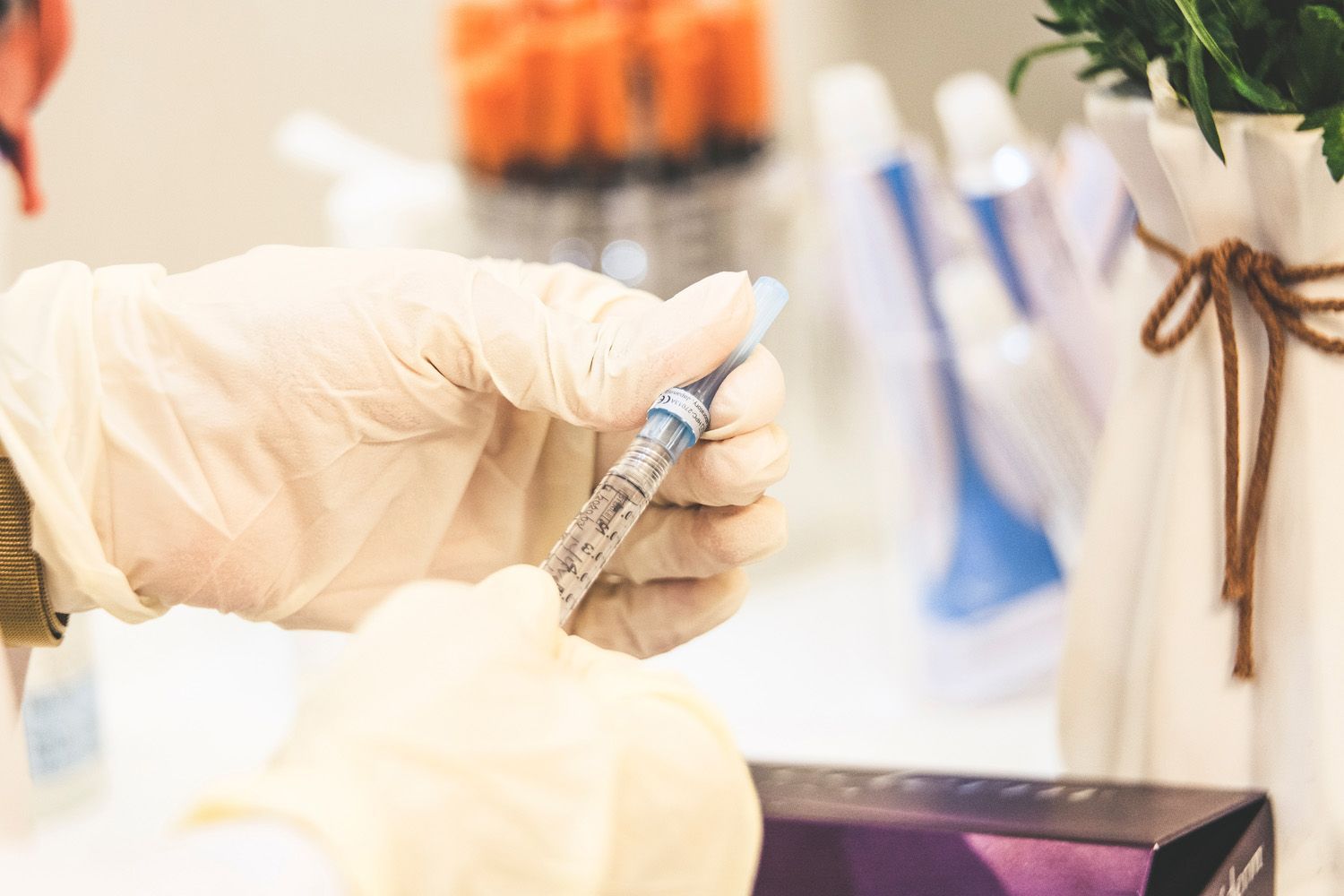What is hyperthyroidism?
Hyperthyroidism, also called overactive thyroid, is a condition in which the thyroid gland produces too much of the hormone thyroxine. Thyroxine helps to regulate metabolism, so too much of it can cause problems such as weight loss, anxiety, and heart palpitations. Hyperthyroidism can be treated with medication or surgery.













